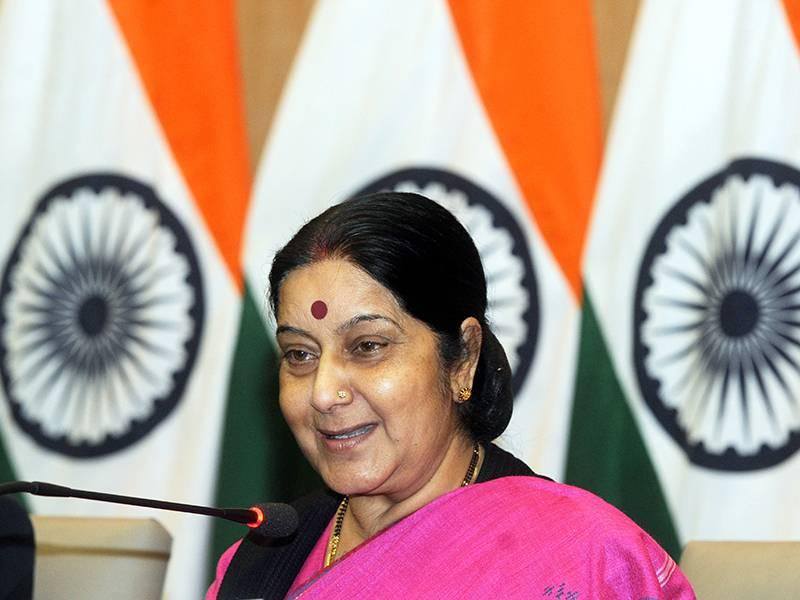Tibet Environment Conference In Bangkok Pledges Collective Effort for Global Water Security Sustainable Development
By Tsering Choephel

DHARAMSALA, 1 Dec: The 4th Tibet Environment Conference, focusing on the theme “Tibet: The Water Tower of Asia (Towards a Global Common Good),” convened in Bangkok, Thailand, from 27-28 November. The two-day event was jointly organised by the Tibet Policy Institute (TPI) and Chulalongkorn University, as reported by TPI.
The conference, attended by researchers, activists, and leading experts from Asia and South Asia, deliberated on critical ecological issues surrounding Tibet’s water resources and their implications for global environmental sustainability.
The Tibetan Plateau, often referred to as the ‘third pole’ for holding the largest store of fresh water outside the Arctic and Antarctica, is the source of the Earth’s eighth-largest river system, providing water for one-fifth of the global population.
Emphasising Tibet’s ecological significance in global climate discussions, the gathering addressed multifaceted challenges and approaches. These included hydro-geopolitics in South Asian river basins, climate change and food-water security, neutralisation of water disputes, and analysis of contemporary China’s transboundary water governance, among other topics.
Dr Tsewang Gyalpo Arya, Representative of the Office of Tibet in Japan, addressed the consequences of China’s economic policies driving massive exploitation of Tibet’s minerals and natural resources, impacting river systems across Asia. Dr Surangrut Jumnianpol from the Social Research Institute cited Thailand and the Mekong River as a case study for negative implications resulting from excessive mining in the Tibetan Plateau.

TPI’s environmental researcher, Dechen Palmo, highlighted the current environmental situation in Tibet and its significance in relation to global climate change.
Tsechu Dolma, founder of the Mountain Resilience Project Nepal, spoke about the importance of harnessing traditional knowledge of climate resilience in Himalayan communities in countering climate change at the grassroots level.
The conference’s discussions prompted all concerned stakeholders to form regional cooperation to ensure water security, better water governance, and sustainable development.
The Tibet Environment Conference initiative began in 2015, with the 2nd and 3rd conferences held in 2019 and 2021, respectively. The conference brings together a wide array of interest groups, highlighting the significance of the Tibetan plateau ecology in connection with global environmental sustainability. It advocates a collective and cooperative approach to tackling climate change and China’s unchecked exploitation of Tibet’s resources, particularly its major rivers.





